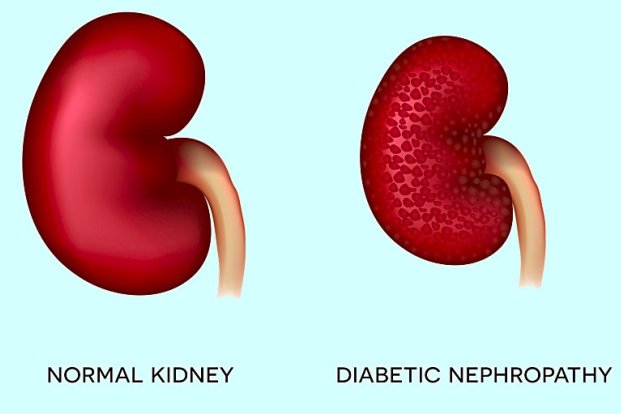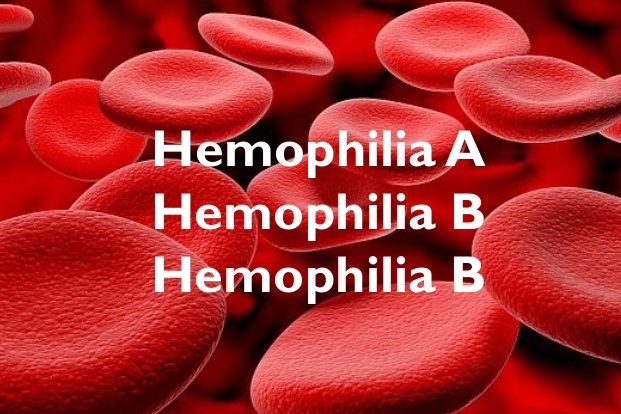Categories
- Bariatric Surgery (11)
- Black Fungus (5)
- Bone Marrow transplant (3)
- Brain Tumor Surgery Navigation Technology (20)
- Cardiac Surgery (66)
- Cardiology (97)
- Computer navigation technology for joint replacements (20)
- Covid Vaccination (17)
- Critical Care (2)
- Dental (19)
- Dermatology (31)
- Dialysis Support Group - “UTSAAH” (11)
- Dietitian (33)
- Emergency Medicine (4)
- Emotional Health (11)
- Endocrinology (33)
- ENT (20)
- Gastroenterology and GI Surgery (53)
- General and Laparoscopic Surgery (21)
- General Surgery (4)
- Gynecology & Obstetrics (183)
- Hematology (20)
- Internal Medicine (294)
- Kidney Transplant (50)
- Kidney Transplantation (20)
- Lung Cancer (8)
- Minimal Invasive Surgery (1)
- Mother & Child (20)
- mucormycosis (5)
- Nephrology (61)
- Neurology (147)
- Neurosurgery (68)
- Nutrition and Dietetics (107)
- Omicron Variant (1)
- Oncology (288)
- Ophthalmology (10)
- Orthopaedics & Joint Replacement (86)
- Paediatrics (59)
- Pediatric Nephrology (3)
- Physiotherapy (5)
- Plastic & Reconstructive Surgery (6)
- Psychiatry and Psychology (90)
- Psychologist (28)
- Pulmonology (72)
- Rheumatology (13)
- Spine Services (21)
- Transradial Angioplasty (16)
- Urology (84)
Query Form
Posted on Apr 19, 2022
Dengue Fever Signs,Symptoms & Diagnosis
Dengue is one of the most common types of mosquito borne disease. It is one of the leading cause of mortality especially in a high-risk group like children, persons who are immune compromised & suffering from chronic disease like diabetes, renal failure, sickle cell anemia and other hemopoietic malignancies. Dengue Fever is caused by one of the four strains of dengue virus type 1 to 4. The most common vector of dengue is Aedes Aegyptics.
The incidence of dengue fever is most common in areas with inadequate water supply, poor solid waste management infrastructure and it is reported to have a higher incidence in rainy seasons especially from July to October. The Incubation period of dengue fever is usually for 4-10 days. Hence the signs and symptoms for the same may start to appear to post the 10 days time.

Sign & Symptoms of Dengue
Dengue is typically present with high-grade fever, with a frontal headache, retro-orbital pain, back pain and severe myalgia. In dengue, the muscle borne pain is so severe that it is also called as break bone fever. In dengue generally after 3-5 days, a rash develops which usually begins on the trunk & later spreads to the extremities & the face. Other signs of dengue fever are anorexia, nausea & vomiting & macular cutaneous hypersensitivity.
Diagnosis of Dengue
Diagnosis of Dengue is done by raising the hemaritic with leucopenia and thermocytopnia. Liver function test may show elevated SGOT& SGPT level. In the case of severe dengue fever signs of another organ environment may be seen. Diagnosis is confirmed by detection of antigen (NS1) antigen in initial 4 days of infection and later on by IGM Aelisa and RTPCI. During the course of illness regular monitoring of hematocrite and platelet count is necessary.
- Usual trend in dengue fever is platelet count starts declining rapidly after the fever subsides. 6 days of illness can be considered dangerous.
- Recovery generally starts after 7 days of illness and the platelet count starts improving after that.
- X- Ray chest and ultrasound abdomen should also be done to see the evidence of serositis. Test for coagulation profile also should be done especially in the case of dengue haemorrhagic fever and dengue shocks syndrome.
- Primary dengue infection induces lifelong protective immunity to the infecting serotype only.
- Individuals suffering from dengue infection are protected from clinical illness with a different serotype within 2 to 3 months of primary infection but they may no longer have long-term cross protective immunity.
- Individual risk factors determine the severity of disease like chronic illness, age, and ethnicity. Young children are particularly at more risk and less able to comparison to adults and are at greater risk of dengue shocks syndrome.
- In dengue fever decrease in platelet count occurs due to alteration in megakaryocytopoieses due to infection. In dengue fever, there is a consequence of thrombocytopenia with platelet dysfunction or disseminated intravascular coagulation.



